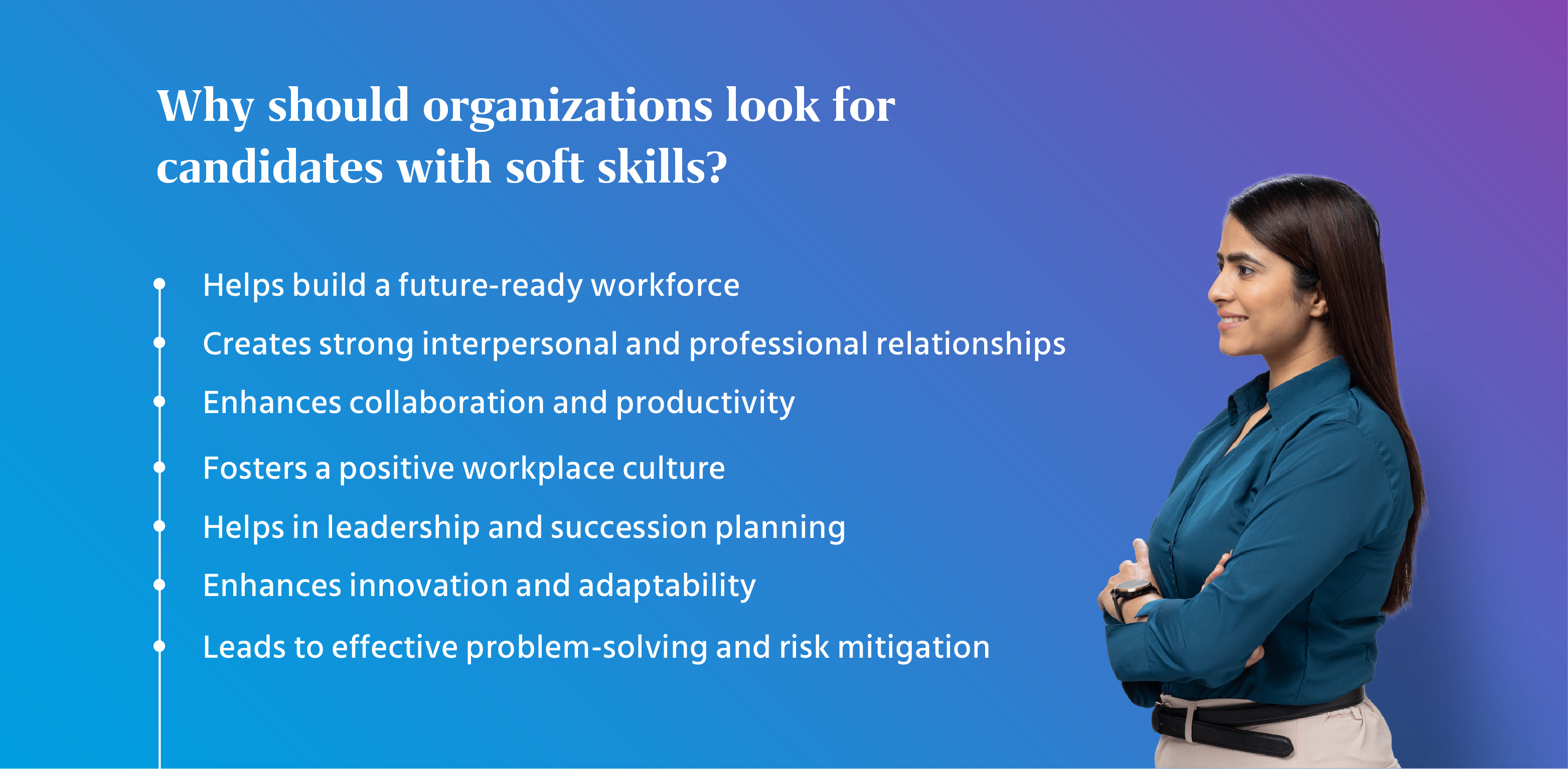
1. Helps build a future-ready workforce
According to a study by Deloitte Access Economics, “Soft skill-intensive occupations will account for two-thirds of all jobs by 2030.” On the other hand, according to The Future of Jobs report by the World Economic Forum, critical thinking and problem-solving will top the list of skills that employers will want in their employees in the next five years.
As advances in automation and artificial intelligence make their use widespread, more jobs will rely on soft skills, with skills like teamwork and communication staying in high demand. Hiring people with robust soft skills will help an organization build a future-ready workforce.
2. Creates strong interpersonal and professional relationships
Employees with high emotional intelligence can identify and manage their own emotions and those of others. This helps them empathize and build a rapport with stakeholders while motivating them. Leading to improved relationships with colleagues, customers, and supervisors.
3. Enhances collaboration and productivity
Soft skills like teamwork and empathy help in fostering a collaborative work environment. With employees collaborating effectively, there is a greater exchange of ideas, and all conflicts are resolved constructively. This allows projects to move forward more efficiently, increasing productivity.
4. Fosters a positive workplace culture
Soft skills contribute to the creation of a positive work culture. When employees exhibit inclusivity and positivity, it creates an environment where everyone feels welcomed, valued, and motivated. This improves morale, employee satisfaction, and retention rates.
5. Helps in leadership and succession planning
Organizations can develop future leaders within their ranks using soft skills as a benchmark for identifying talent. Soft skills such as decision-making, mentorship, and strategic thinking are critical for managerial roles. These soft skills help team leads, and managers guide their teams and make sound judgments.
6. Enhances innovation and adaptability
Organizations must innovate and adapt according to frequent changes in the business environment. Soft skills like critical thinking, creativity and adaptability allow employees to embrace change and generate innovative solutions, causing their employers to stay competitive in the changing market.
7. Leads to effective problem-solving and risk mitigation
Soft skills such as attention to detail, thoroughness, and analytical thinking allow individuals to analyze complex situations and consider multiple perspectives to arrive at solutions. This leads to better decision-making and improved outcomes.
These soft skills also allow employees to identify potential risks and prevent errors, helping them mitigate risks and maintain high-quality standards.









 Behavioral Competencies
Behavioral Competencies Cognitive Competencies
Cognitive Competencies Coding Competencies
Coding Competencies Domain Competencies
Domain Competencies
















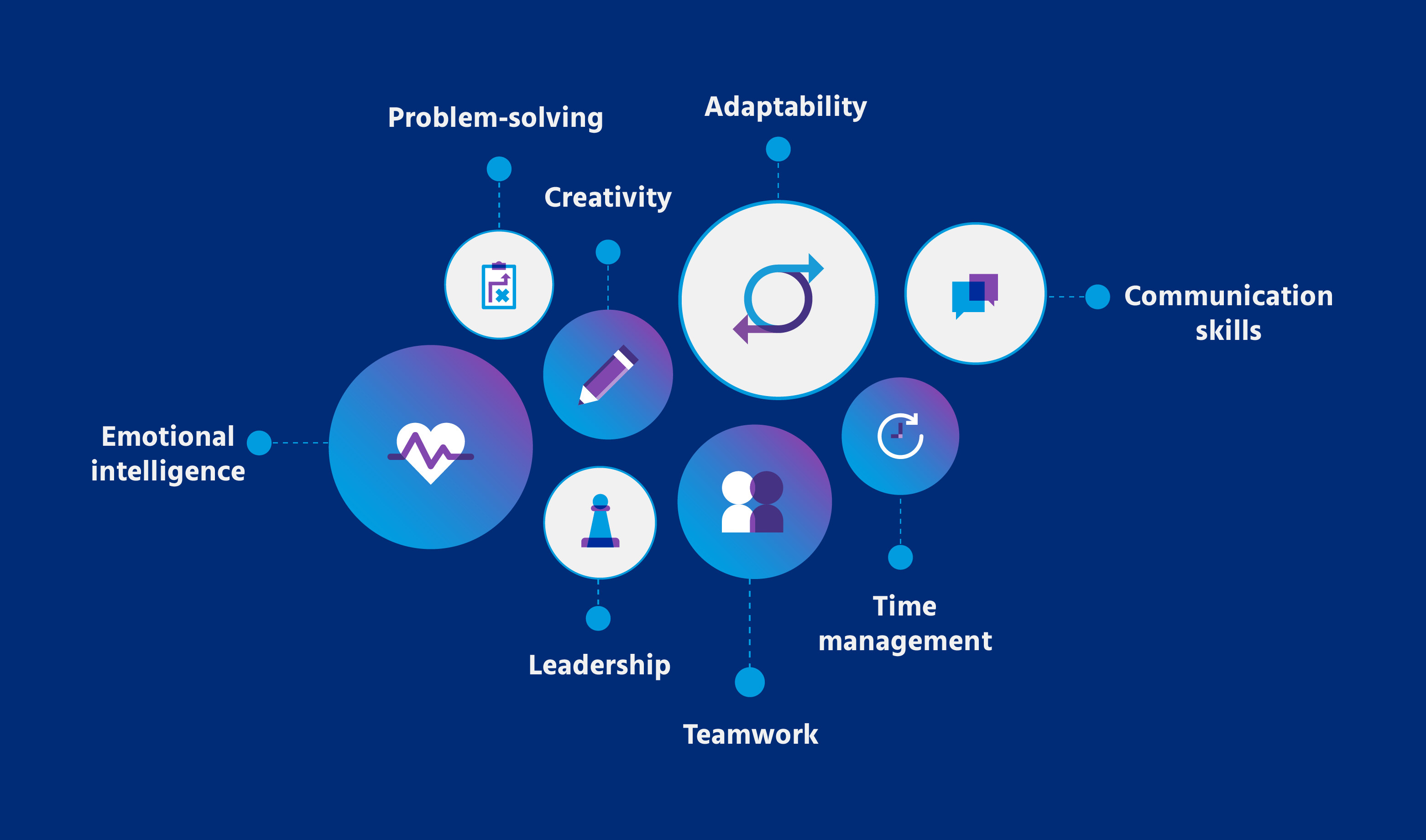
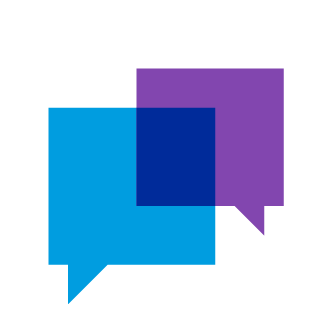


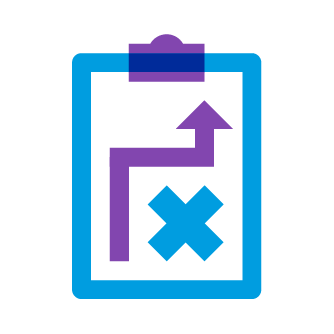




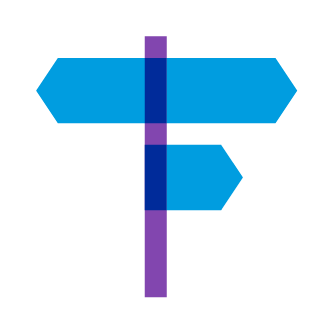







Would you like to comment?